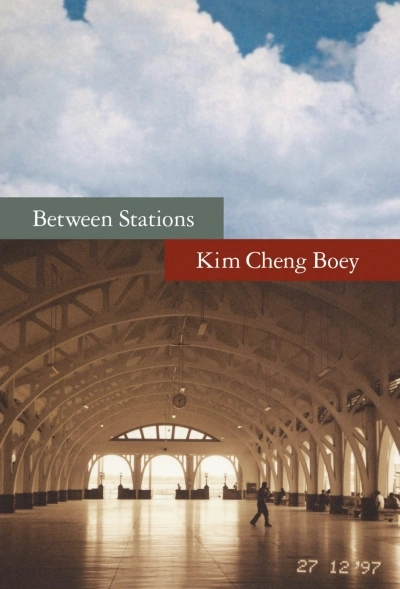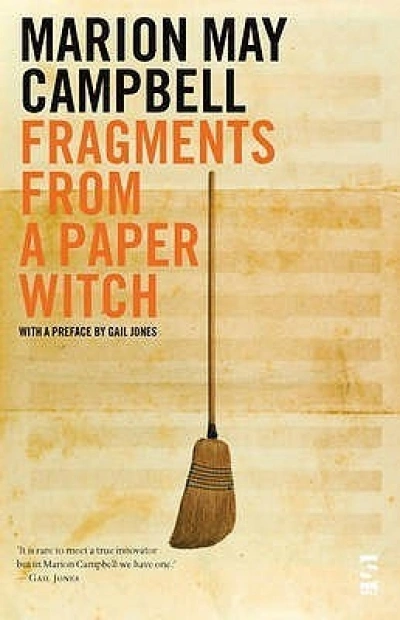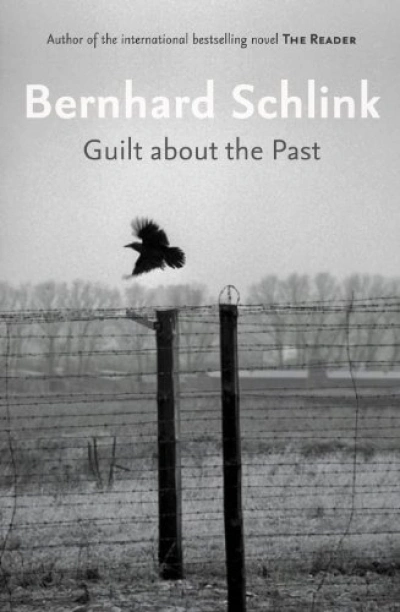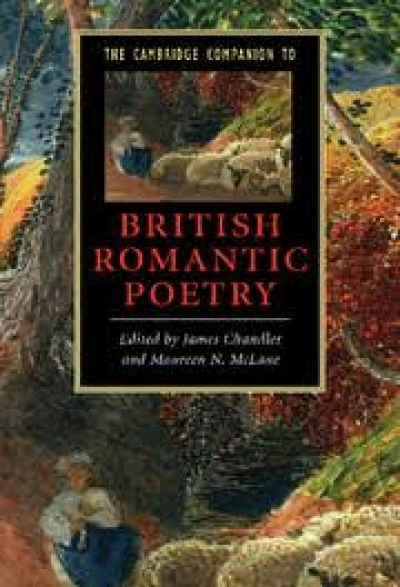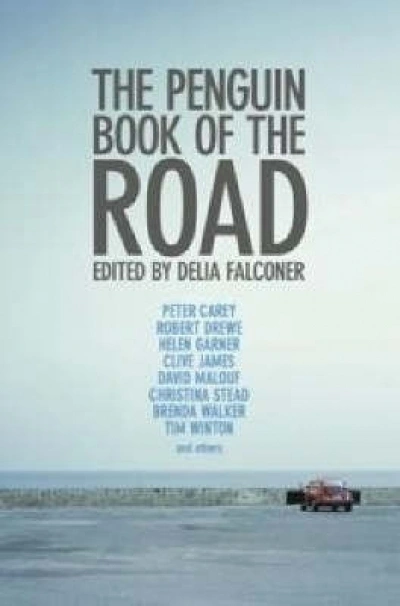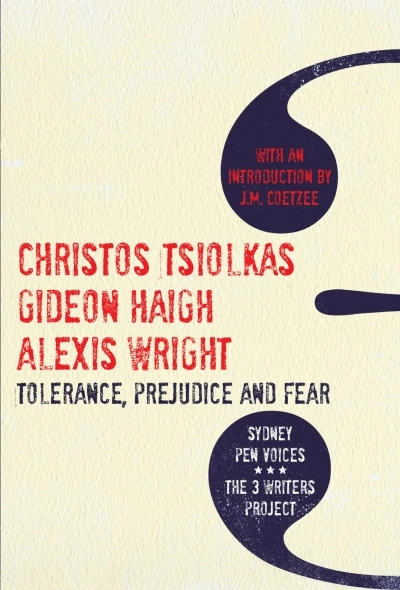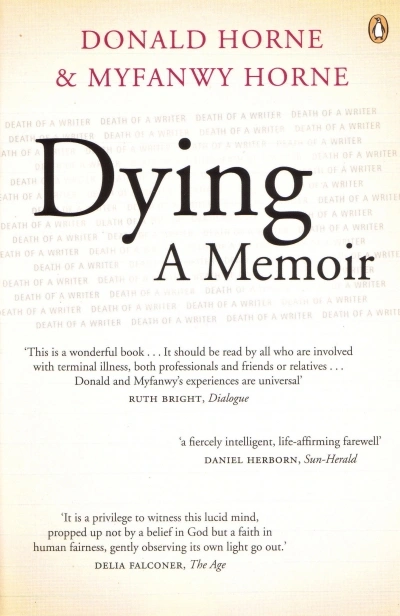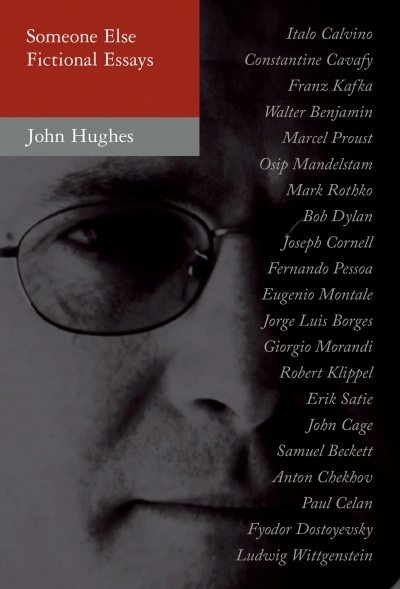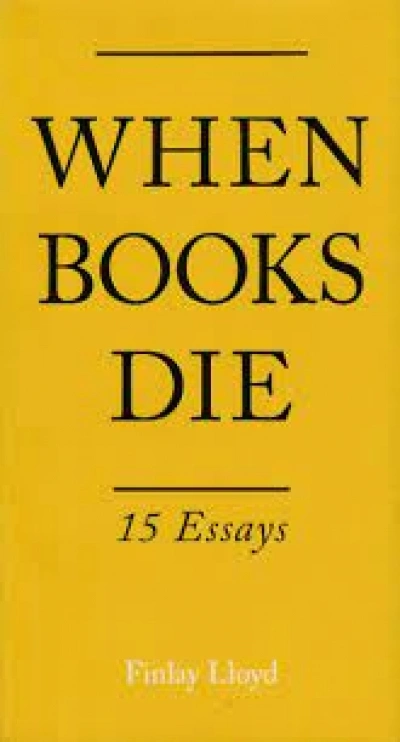Essays
Holden Caulfield is a garrulous bore. Seymour Glass is a phoney. Franny and Zooey are spoiled brats. And J.D. Salinger is a media tart. All these things are partly true. To take the last first: there is surely a ring of truth about Imre Salusinzsky’s recent spoof obituary in which Jay Leno and David Letterman are quoted expressing their sadness at the loss of a favourite regular guest who was always ready to front up and sparkle as he promoted an endless succession of Catcher in the Rye merchandise. Salinger, who died on January 27, aged ninety-one, may not have done such things, but at least one of his alter egos might.
... (read more)The Cambridge Companion to British Romantic Poetry by James Chandler and Maureen N. McLane
by Deirdre Coleman •
Tolerance, Prejudice and Fear by Christos Tsiolkas, Gideon Haigh and Alexis Wright
by Jay Daniel Thompson •
Dying: A memoir by Donald Horne and Myfanwy Horne
by Pamela Bone •
When Books Die: 15 Essays edited by Finlay Lloyd
by Chris Boyd •


